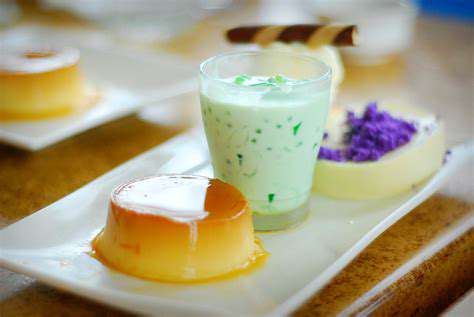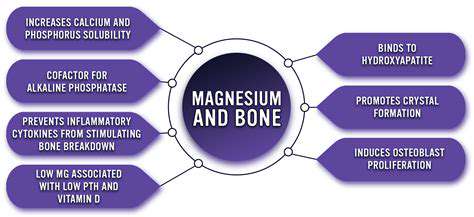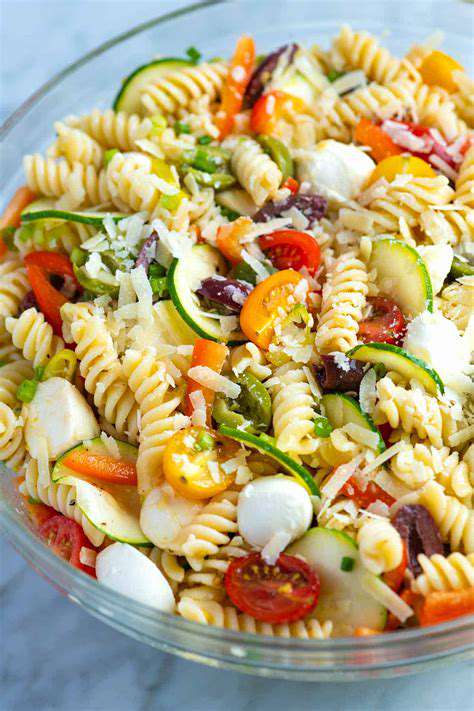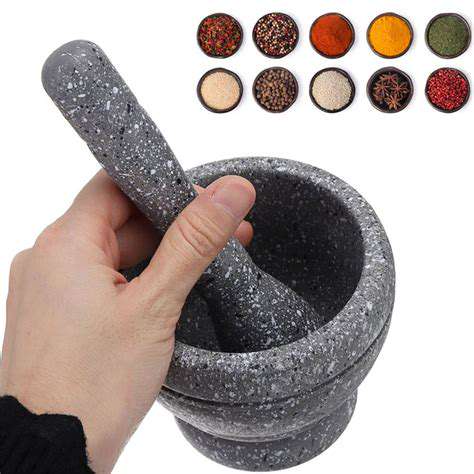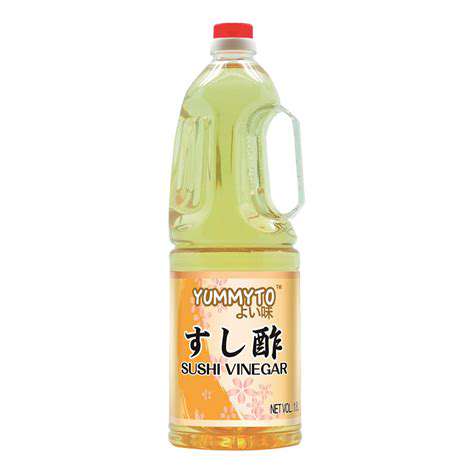Types of Vinegar and Their Uses
Beyond the Kitchen: Vinegar's Multifaceted Uses
Vinegar in Cleaning
Vinegar's acidity makes it a powerful cleaning agent, effectively tackling grime and residue without harsh chemicals. Diluted white vinegar solutions are excellent for cleaning countertops, sinks, and even toilets. It's also surprisingly effective at removing mineral deposits from faucets and showerheads, leaving them sparkling clean and restoring their original shine. Beyond these household applications, vinegar can also be used to clean windows and mirrors, leaving a streak-free finish. The gentle yet potent cleaning power of vinegar makes it a valuable addition to any cleaning arsenal.
For stubborn stains or tough cleaning tasks, a more concentrated vinegar solution might be necessary. However, always remember to test the solution on an inconspicuous area first to ensure it doesn't damage the surface. Vinegar's natural disinfecting properties also make it a great choice for sanitizing various surfaces, offering a safe and environmentally friendly alternative to harsh commercial cleaners. When used correctly, vinegar can significantly reduce the amount of harsh chemicals used in the home, promoting a healthier and more sustainable cleaning routine.
Vinegar in Food Preservation and Cooking
Beyond its cleaning capabilities, vinegar plays a crucial role in food preservation and culinary applications. Its acidic nature inhibits bacterial growth, making it a valuable ingredient in pickling vegetables and preserving fruits. The unique tangy flavor of vinegar adds a distinctive zest to various dishes, from salads and sauces to marinades and dressings. Different types of vinegar, such as apple cider vinegar, balsamic vinegar, or white distilled vinegar, offer a range of flavors and aromas, allowing for versatility in both culinary creations and food preservation.
In the realm of cooking, vinegar can enhance the flavor of meats, vegetables, and even desserts. Its versatility extends beyond simple flavor enhancement; vinegar can also contribute to the texture and overall mouthfeel of a dish. For example, adding a splash of white vinegar to a meat marinade can tenderize the protein and infuse it with a subtle acidity. The use of vinegar in cooking is a testament to its widespread utility and ability to complement a variety of ingredients and dishes.
Furthermore, vinegar's role in food preservation extends to various fermented foods. By creating an acidic environment, vinegar helps to prevent the growth of harmful microorganisms and extends the shelf life of food products. From fermented vegetables to pickles and chutneys, vinegar plays an integral role in ensuring food safety and quality, offering a sustainable and natural way to preserve food for later consumption.
The applications of vinegar in food preservation are extensive. Its natural properties contribute to the safety and longevity of various food items, highlighting its importance in both culinary arts and household practices.
Its ability to add both flavor and a touch of tang to dishes, whether as a marinade, salad dressing, or in sauces, is undeniable. This makes vinegar a valuable ingredient for both home cooks and professional chefs, enriching the culinary experience with its diverse flavor profiles.
Read more about Types of Vinegar and Their Uses
Hot Recommendations
- Traditional Foods for Day of the Dead
- Food Etiquette in Italy: Pasta Rules!
- Best Family Friendly Restaurants with Play Areas in [City]
- Review: The Best [Specific Dessert] Place in [City]
- Top Ice Cream Parlors in [City]
- Traditional Foods for Halloween
- The History of the Potato in Ireland
- Best Vegan Pizza Joints in [City] [2025]
- Best Bakeries for Sourdough Bread in [City]
- Food Culture in Argentina: Asado and Wine
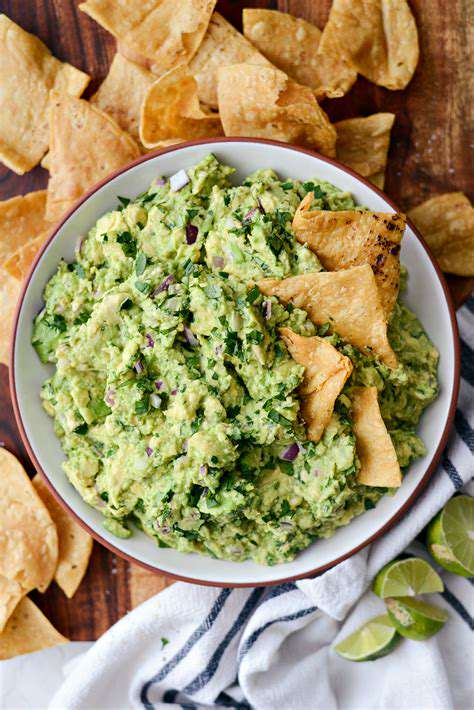
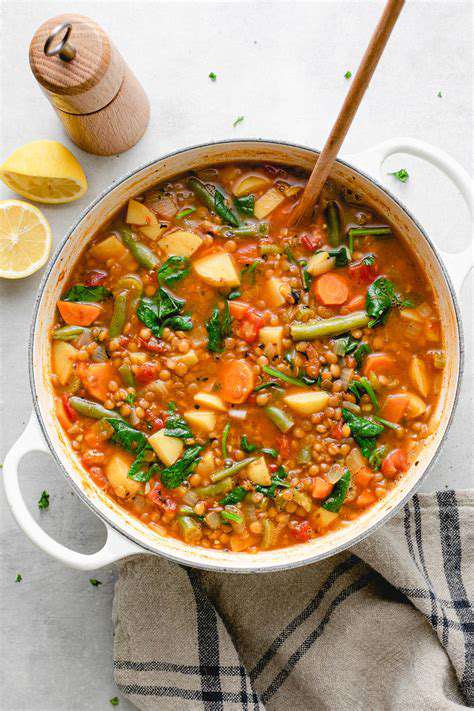

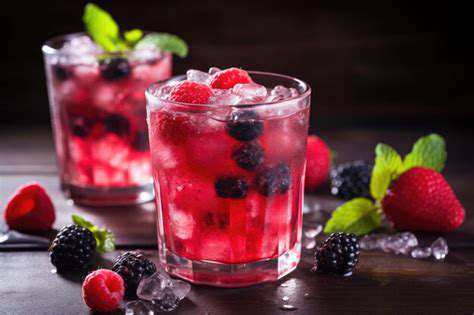

![Review: The [Specific Brand] Immersion Blender](/static/images/28/2025-05/EaseofUseandCleaning3AAPracticalAssessment.jpg)
